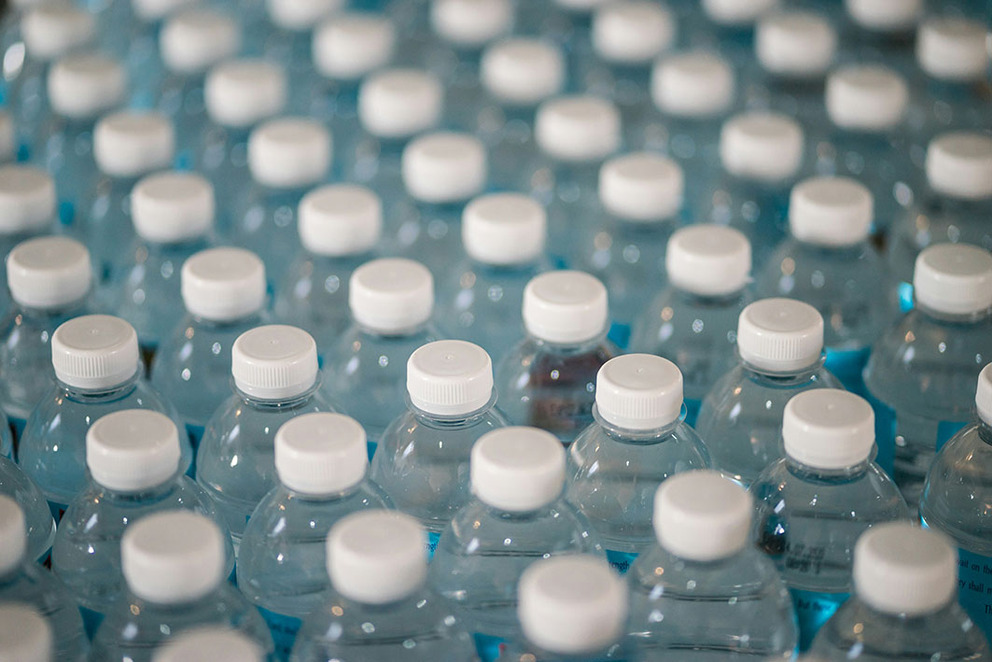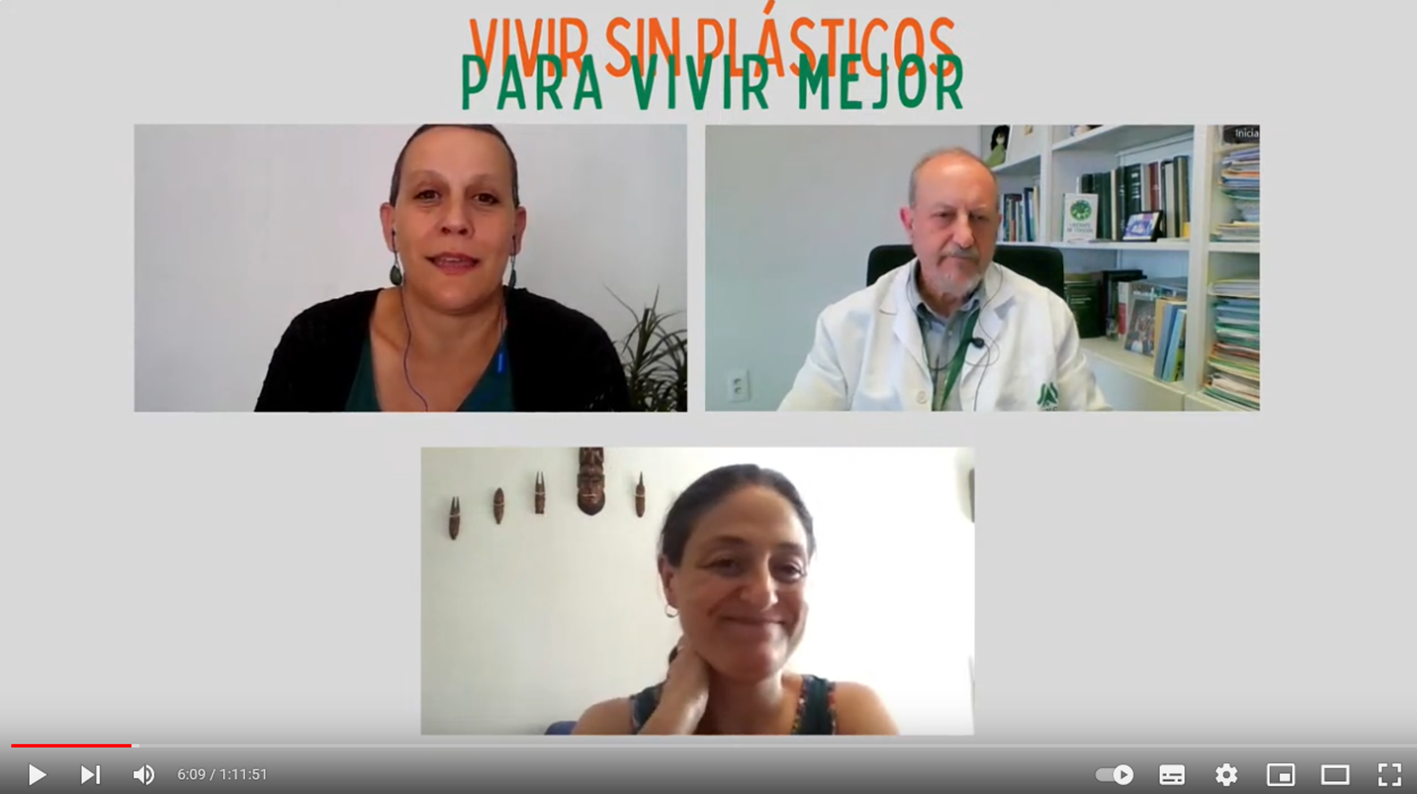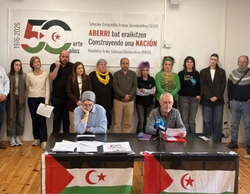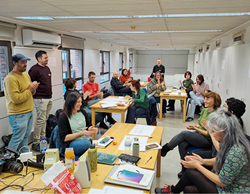
Plastics in our organism?
"We are not aware enough. Plastics are not only in the environment and ecosystems, but also in our bodies”, said the experts invited to the virtual seminar Live better, live without plastics held on June 11, 2024 and address to families.
This activity is part of the proyect School for Mothers and Fathers for the promotion of healthy and sustainable food according to the Sustainable Development Goals promoted by Justicia Alimentaria and Hegoa, thanks to the funding from the Spanish Agency for International Development Cooperation (AECID by the Spanish initials).
Plastics are part of our daily lives; they are in the oceans, in the ground, in our homes, in our food... Although we are increasingly aware of the need to reduce their use, we are not jet aware of the consequences they have on our health, said Nicolás Olea, Doctor of Medicine and Surgery and one of the leading experts on endocrine disruptors (i.e. chemicals that can interfere with the human hormone system).
The webinar offered an interesting dialogue between Olea and Olga Leralta, expert in Health Promotion and member of the Federation of Mothers and Fathers of Students of the province of Granada (FAMPA Alhambra). The conversation between the two specialists allowed the participants to learn about the impact of the toxic chemical (components that make up this petroleum-derived material) on human health. Especially among young people who are more vulnerable to the alterations that these substances generate in their bodies.
Among other curious facts, the experts pointed out that these toxic substances reach human bodies by respiratory, dermatological and digestive routes. Even if micro and nanoplastics are imperceptible to our eyes, they are part of the air we breathe, of the substances we touch and the food and drinks we consume.
In order to raise awareness and, at the same time, call for action to combat this serious problem, Olea and Leralta offered various strategies to eliminate or, at least minimize the presence of plastics in our lives. Among other issues, they pointed out the importance of reviewing our consumption habits and adopting simple measures such as prioritizing agro-ecological products or avoiding plasticized fruits and vegetables.
The webinar and all the information about the project that frames this activity is available on the following website: Alimentar es educar.
Related news




